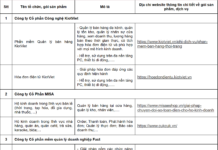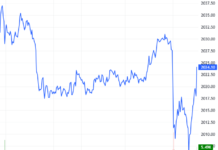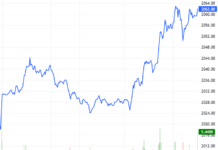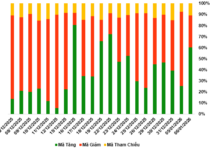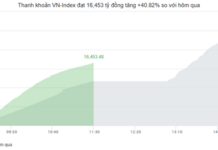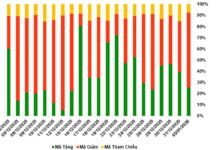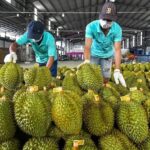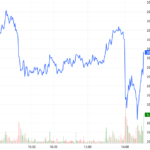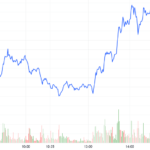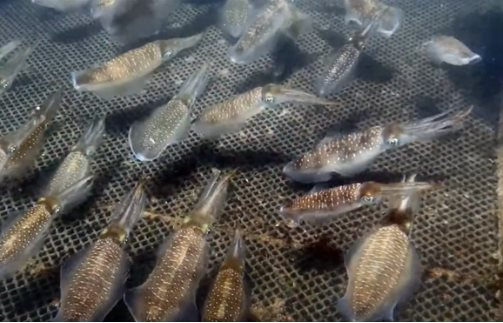
Illustrative Image
Vietnam’s seafood industry is a powerhouse, with the country ranking as the third largest exporter of seafood in the world. Beyond tra fish, shrimp, and tuna, another group of aquatic products that brings in hundreds of millions of USD annually is the squid and octopus category, significantly contributing to the country’s total seafood export turnover.
According to statistics from the Vietnam Association of Seafood Exporters and Producers (VASEP), the export of squid and octopus brought in 406 million USD in the first eight months of the year, a slight decrease of 3% compared to the same period last year.
Squid alone accounted for 221 million USD, a 7% drop, while octopus exports exceeded 185 million USD, a 3% increase.
Looking at the markets, South Korea is the largest importer of Vietnamese squid and octopus, with a turnover of 159 million USD, a 6.7% increase compared to the previous year. Japan follows closely with over 93 million USD, a near 10% decrease from the previous period. China and Hong Kong are the third-largest market, with 47 million USD, a 12% increase compared to the same period in 2023.
In the past year, Vietnam’s seafood exports reached 8.97 billion USD, a 17.8% decrease compared to 2022. Within this, the export of squid and octopus from Vietnam reached 660 million USD, a 13% decrease compared to 2022. While still in a downward trend, the export of squid and octopus experienced a milder decline compared to other key exported seafood products.
The slight dip in seafood export turnover, including squid and octopus, can be attributed to the impact of global inflation and economic recession, which reduced consumption demand from markets, coupled with the unresolved IUU yellow card issue. Additionally, exporters of squid and octopus continued to face challenges related to the cost of raw materials and unfavorable weather conditions for fishing activities.
South Korea, being Vietnam’s largest market, mainly imports squid and octopus products such as dried and peeled squid, cleaned and frozen processed squid, frozen squid sushi, cleaned and frozen squid tubes, frozen squid rings, whole cleaned and frozen octopus, iced octopus cuts, and frozen processed octopus. South Korea is actively working to reduce its reliance on squid and octopus imports, especially from China.
Currently, Vietnam enjoys a 0% export tax rate to South Korea for fresh, live, and frozen octopus products, giving Vietnamese enterprises a significant advantage when entering this market. Moreover, South Korean consumers highly regard Vietnamese squid and octopus products for their quality, safety, and superior taste compared to products from other countries.
Japan, the second-largest market, favors these products from Vietnam due to the decreasing domestic catch of squid and octopus in Japan, coupled with increasing demand, especially for convenient and ready-to-eat squid and octopus products that align with modern, busy lifestyles that leave less time for cooking.
Anxiously Reviving the North’s Largest Bonsai Village
“I have to immediately rehabilitate the land and borrow capital for reproduction. The people of Phung Cong will rise again, and the fields will be green,” said Nguyen Thi Quyen determinedly. However, like many other residents of Phung Cong, Sister Quyen is anxious and worried as the dike has been destroyed for a real estate project, and the floods will inevitably return one day…
The Power of Insurance: A Lesson from Katrina for Vietnam’s Resilience Against Storms
In 2005, Hurricane Katrina made landfall in the United States, leaving a trail of devastation in its wake. With wind speeds exceeding 175 km/h, the storm caused immense damage, claiming the lives of over 1,800 people and resulting in economic losses of a staggering $120 billion. The impact of the hurricane was felt across the nation, with insurance companies paying out more than $40 billion to help those affected rebuild their lives and recover their assets. As the chief economist of ADB Vietnam highlighted, the storm’s aftermath led to a significant insurance payout, providing much-needed financial support to those who had lost so much.














